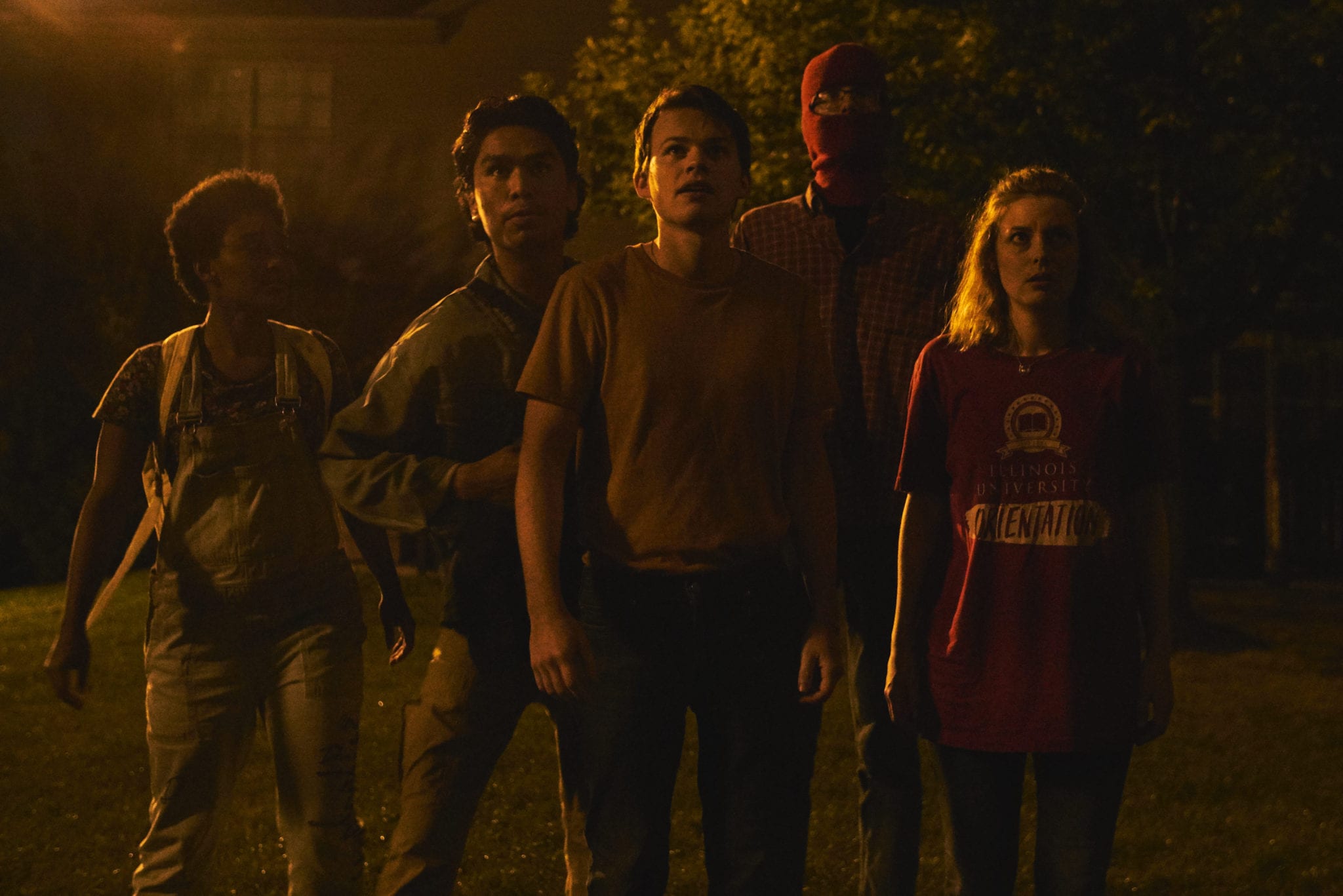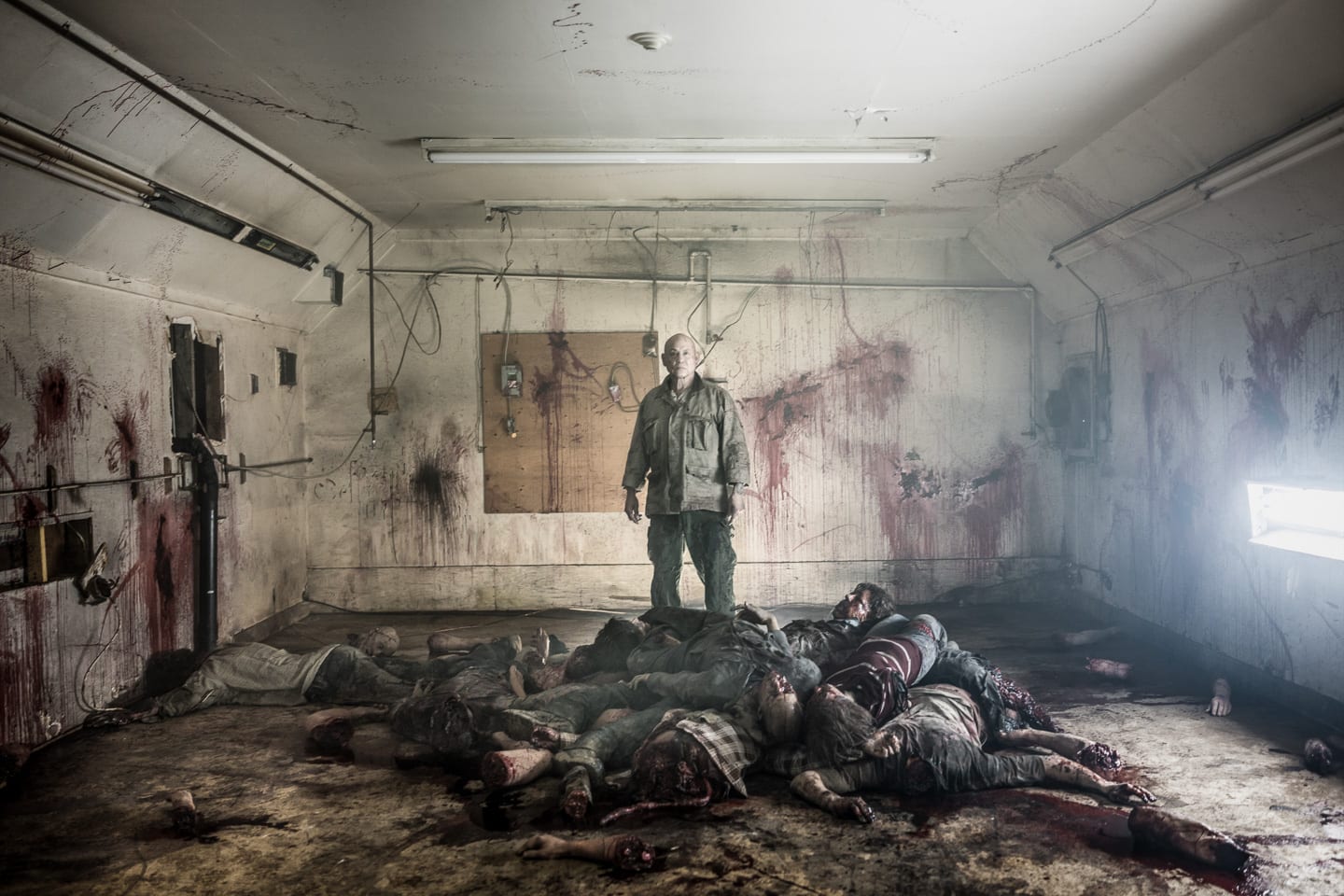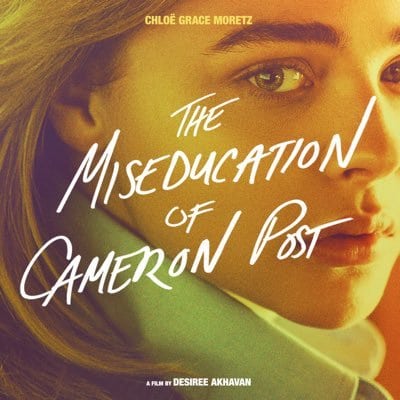
I Used to Go Here: Starting Over Where You Were
Written and directed by Kris Rey,?I Used to Go Here?tells the story of Kate Conklin (Jacobs), a young author about to release her debut novel. When her book receives less-than-stellar reviews, Kate is hurt and frustrated by the response. After she receives an invitation from her former professor and old crush, David (Clement), to speak…


